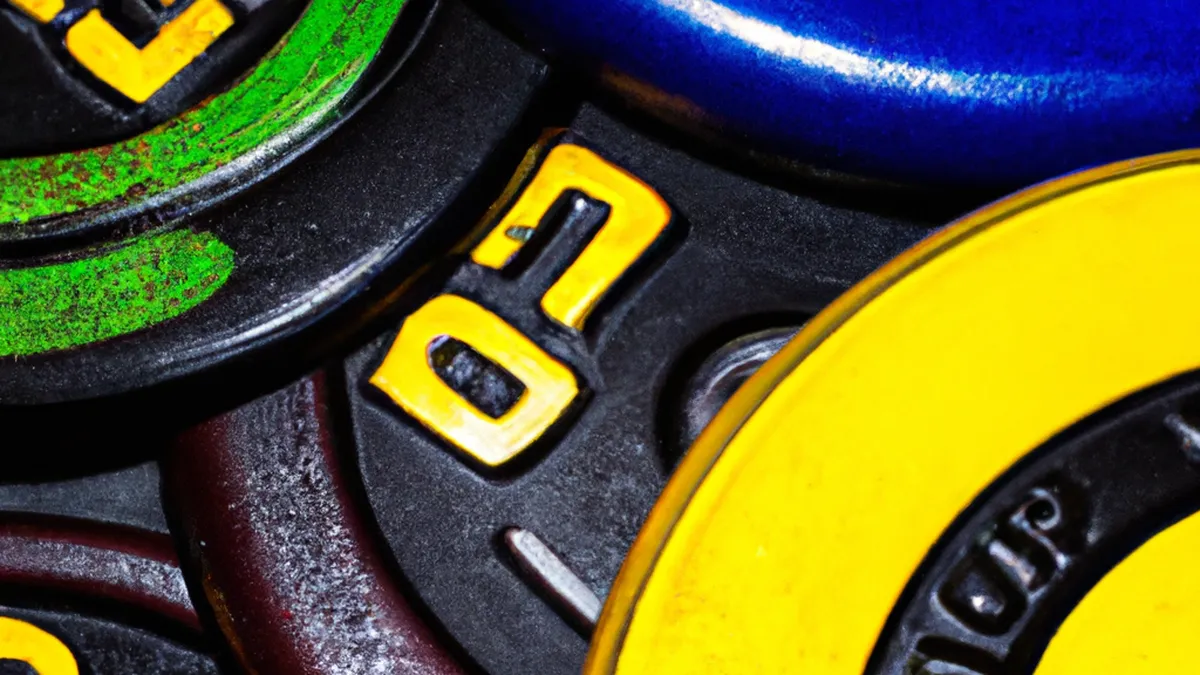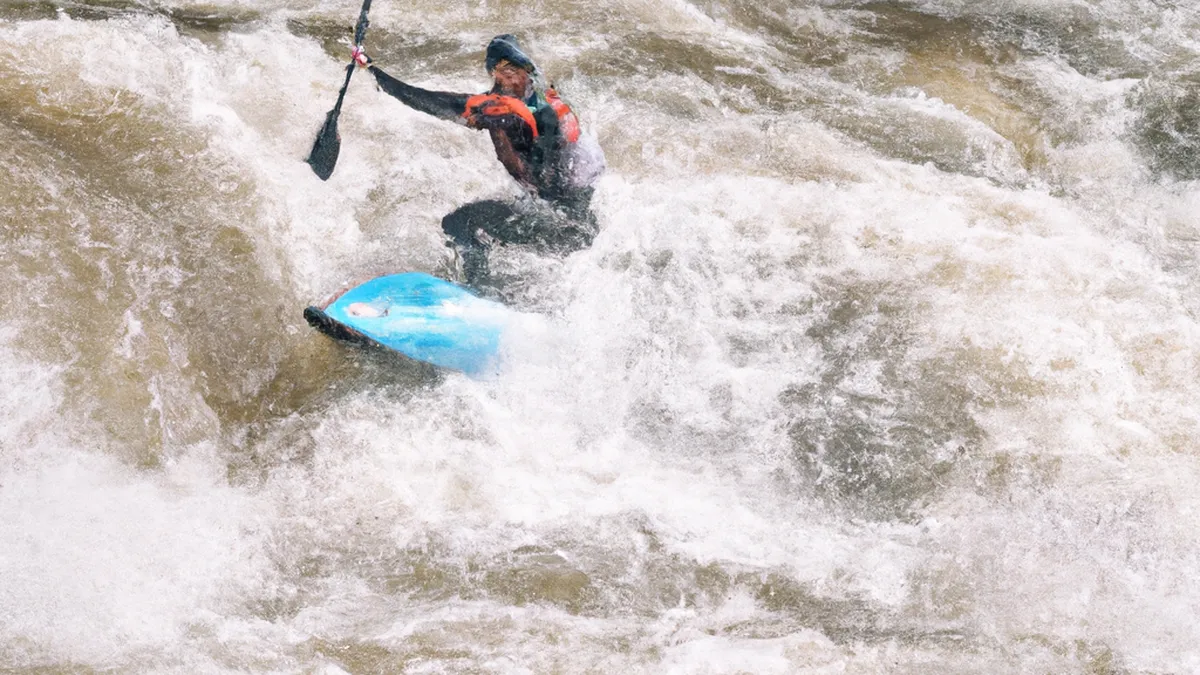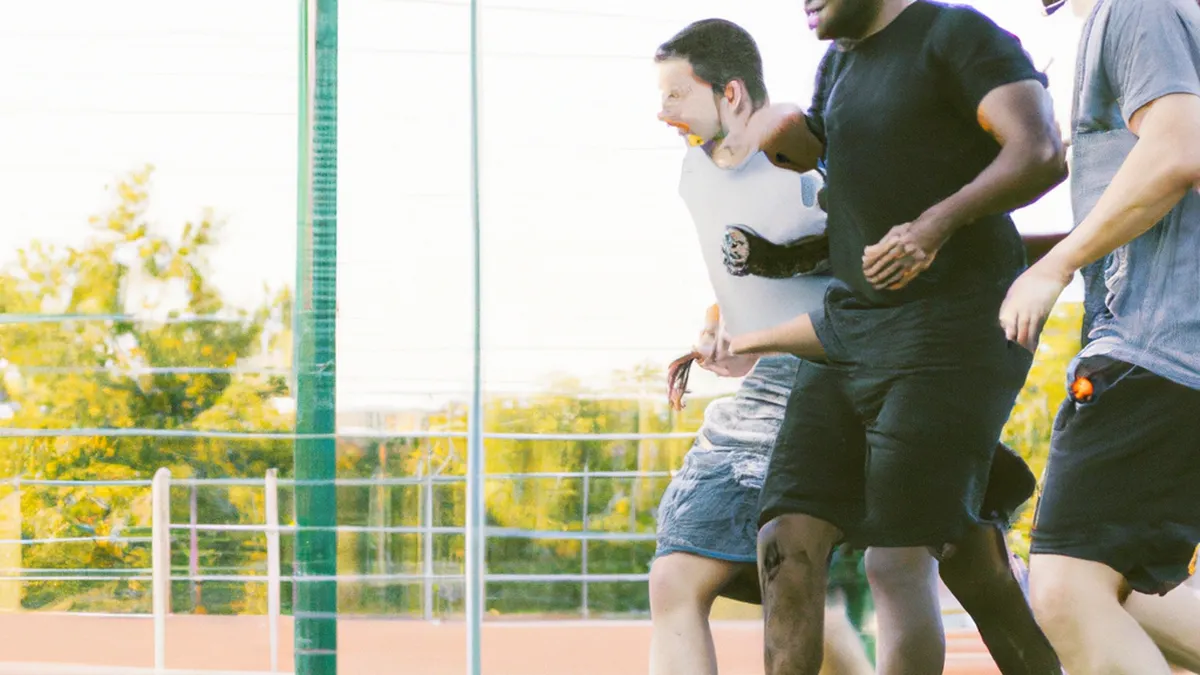Paddleboarding: A Balance Training Guide for All
Developing a Paddleboard Balance Training Manual for Nonprofits
Paddleboarding builds balance, core strength, and fitness. Nonprofits can use paddleboarding to promote community wellness and social interaction. Many organizations lack a structured balance training approach. This post offers tips for creating a paddleboard balance training manual for nonprofits, benefiting participants at all skill levels.
Understanding the Importance of Balance Training
Balance is vital for activities on unstable surfaces like paddleboards. Improved balance enhances participants’ paddleboarding experiences, helping them navigate water effectively. Strong balance skills also reduce injury risks, especially for beginners.
Balance training improves overall fitness and daily activities. It enhances sports performance and prevents falls as individuals age. Focusing on balance enriches paddleboarding and promotes healthier lifestyles.
Tips for Creating a Comprehensive Manual
Define Your Target Audience
Identify your manual’s users. Will it serve beginners, intermediates, or advanced paddlers? Tailoring content to your audience meets their needs effectively. Beginners may need foundational exercises and safety information, while experienced paddlers might want advanced techniques and challenges.
Outline Key Components
Outline the manual’s key components after knowing your audience. Start with basic land exercises like single-leg stands, stability ball exercises, and yoga poses. Gradually introduce paddleboard exercises like knee paddling and practicing turns.
Incorporate safety tips, such as how to fall safely and regain balance. Ensure each section flows logically, guiding users from simple to complex skills. A structured manual helps participants build skills progressively.
Incorporate Visual Aids
Use visual aids to enhance understanding and retention. Include diagrams or photos to illustrate exercises, showing correct posture and technique. Videos provide dynamic demonstrations, helping participants visualize exercises. Consider adding QR codes linking to online resources or instructional videos. This multimedia approach engages various learning styles.
Advice for Implementation
Engage Experienced Instructors
Collaborate with experienced paddleboarding instructors to ensure effective training. They provide insights, tips, and techniques to enhance your manual. Instructors can lead workshops and training sessions, offering hands-on experience.
Conclusion
This post provides insights for developing a paddleboard balance training manual. Use these tips to engage participants and promote community wellness.
Below are related products based on this post:
FAQ
What is the primary purpose of a paddleboard balance training manual for nonprofits?
The primary purpose of a paddleboard balance training manual for nonprofits is to promote community wellness and social interaction through structured balance training. It aims to enhance participants’ paddleboarding experiences, improve their overall fitness, and reduce the risk of injuries, particularly for beginners.
How can nonprofits tailor the manual to different skill levels?
Nonprofits can tailor the manual by first identifying their target audience, whether they are beginners, intermediates, or advanced paddlers. By outlining key components that cater to each skill level, such as foundational exercises for beginners and advanced techniques for experienced paddlers, the manual can meet the specific needs of its users effectively.
What role do visual aids play in the paddleboard balance training manual?
Visual aids play a crucial role in enhancing understanding and retention of the exercises outlined in the manual. Including diagrams, photos, and videos helps participants visualize correct posture and technique. This multimedia approach engages various learning styles and makes it easier for users to learn and practice the exercises effectively.















Post Comment